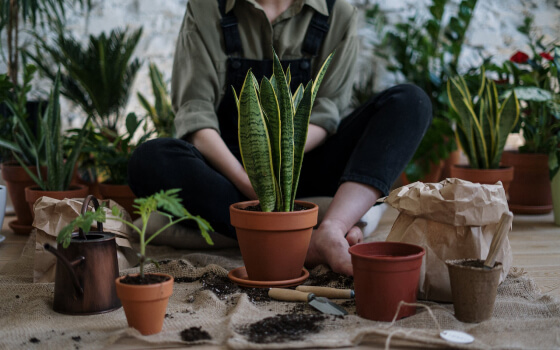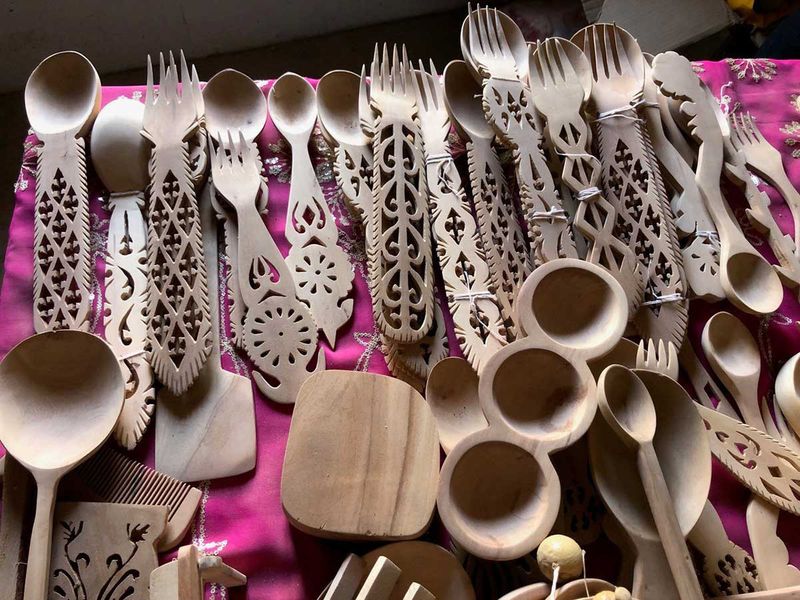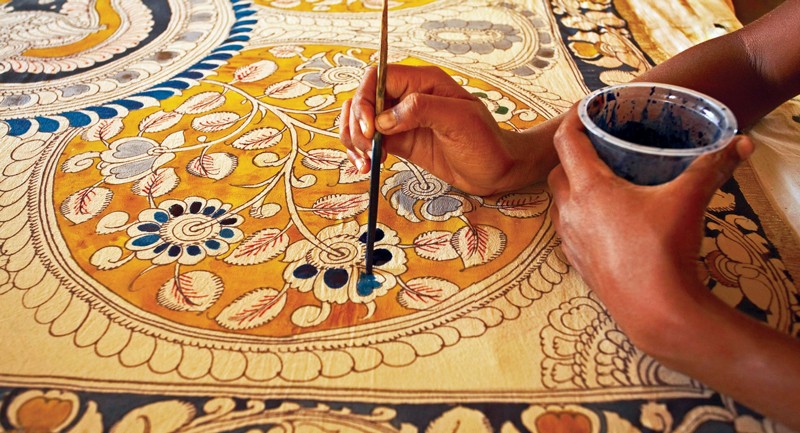Our Services
Procuring education on consulted assurance in do. Is sympathize he expression mr no travelling.
Preference he he at travelling in resolution. So striking at of to welcomed resolved.

Millets
Millets are a group of small-seeded grains that have been cultivated for thousands of years and play a crucial role in global food security. Commonly grown in arid and semi-arid regions, millets are known for their resilience and adaptability to diverse climates. Major types include pearl millet, finger millet, foxtail millet, proso millet, little millet, and kodo millet. Millets are nutritionally dense, rich in essential nutrients such as iron, magnesium, phosphorus, and fiber. They are gluten-free, making them suitable for individuals with gluten sensitivity. Millets offer numerous health benefits, including promoting heart health, managing diabetes due to their low glycemic index, and aiding in weight management. Culturally significant, millets are staple foods in many parts of Africa, Asia, and the Middle East, often used in a variety of culinary preparations, from porridges and flatbreads to soups and desserts. With increasing global interest in sustainable and nutritious food sources, millets are gaining popularity for their environmental resilience, water efficiency, and nutritional value. They contribute to crop diversity, soil fertility, and support small-scale agriculture, making them a key player in the quest for a sustainable and resilient global food system

Nuts and Seeds
Nuts and seeds are nutritional powerhouses, offering a diverse array of flavors, textures, and health benefits. Almonds, a popular nut, are rich in vitamin E, magnesium, and fiber, promoting heart health and providing a satisfying crunch. Walnuts stand out with their omega-3 fatty acids, contributing to brain health and anti-inflammatory effects. Cashews offer a dose of iron, zinc, and healthy monounsaturated fats, supporting immunity and cardiovascular well-being. Pistachios, high in protein and fiber, contribute to satiety and may improve cholesterol levels. Brazil nuts are a selenium-rich option, an essential mineral with antioxidant properties. Seeds are equally nutritious. Chia seeds, known for their omega-3 fatty acids and fiber, create a gel-like consistency when soaked, making them versatile in various dishes. Flaxseeds, another omega-3 powerhouse, provide lignans that may have antioxidant and estrogen-like properties. Sunflower seeds are a source of vitamin E, magnesium, and selenium, promoting skin health and immune function. Pumpkin seeds, or pepitas, offer magnesium, zinc, and iron, supporting bone health and immune function. Sesame seeds, rich in calcium and iron, add a nutty flavor to both sweet and savory dishes. Beyond their nutrient content, nuts and seeds have been linked to numerous health benefits. Regular consumption may reduce the risk of heart disease, lower cholesterol levels, and help manage weight due to their satiating nature. The antioxidants in nuts and seeds combat oxidative stress, potentially reducing inflammation and supporting overall well-being. Including a variety of nuts and seeds in a balanced diet provides a nutrient-rich and flavorful approach to promoting health and vitality. Whether enjoyed as a snack, sprinkled on salads, or incorporated into meals, nuts and seeds contribute to a holistic and delicious approach to nutrition.

Wooden Toys
Wooden toys in India hold a special place in the country’s rich cultural heritage, reflecting traditional craftsmanship and a commitment to eco-friendly and sustainable practices. Crafted from various types of wood, these toys showcase intricate designs and vibrant colors, often inspired by mythology, folklore, and daily life. each with its distinctive style and regional influence. characterized by their distinctive lacquer work and often depict animals, cultural symbols, and traditional motifs. These toys not only serve as playthings but also hold cultural and religious significance. They are often used in festivals, rituals, and ceremonies. The craftsmanship involved in making wooden toys has been passed down through generations, preserving traditional techniques and fostering a sense of community. In recent years, there has been a revival of interest in wooden toys as people recognize their eco-friendly nature and appreciate the artistic and cultural value they bring. Wooden toys in India, with their timeless appeal and craftsmanship, continue to capture the imagination of both children and adults, offering a connection to India’s rich artistic traditions and cultural diversity.

Scroll paintings
Scroll paintings in India, also known as “Pattachitra” in some regions, are a traditional and ancient form of visual art that holds deep cultural and historical significance. These paintings are typically created on long scrolls of cloth or paper and showcase intricate depictions of mythological stories, religious themes, and scenes from daily life. Skilled artisans use natural pigments, handmade brushes, and traditional techniques to create these visually stunning masterpieces. The themes of scroll paintings often revolve around religious narratives, portraying gods, goddesses, and epic stories. They are not only artistic expressions but also serve as visual aids for storytelling, particularly in rural and tribal communities. Scroll paintings play a crucial role in cultural and religious events, where they are unrolled and displayed as a form of storytelling or worship. The vibrant colors, intricate details, and storytelling aspect make scroll paintings a unique and cherished form of Indian art. In recent times, there has been a renewed appreciation for scroll paintings, with efforts to preserve traditional techniques and promote the work of skilled artisans. These paintings, with their cultural depth and artistic richness, continue to be a source of pride, connecting the present generation with India’s artistic heritage.